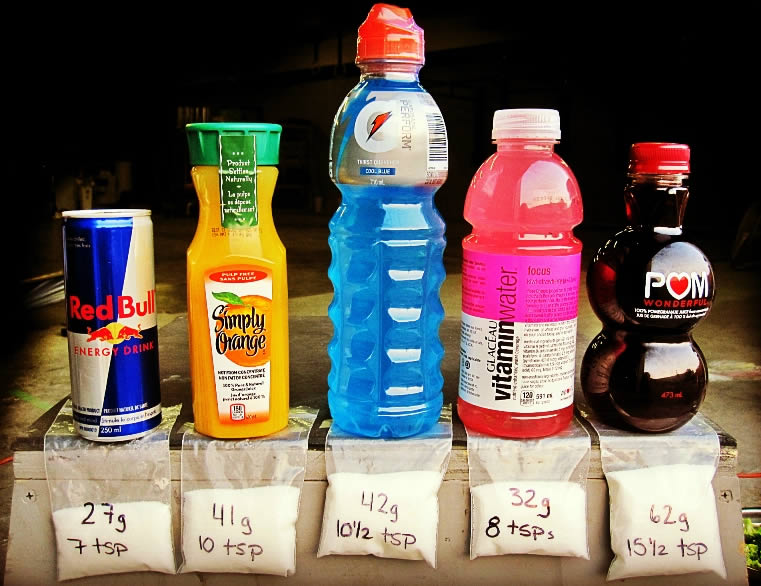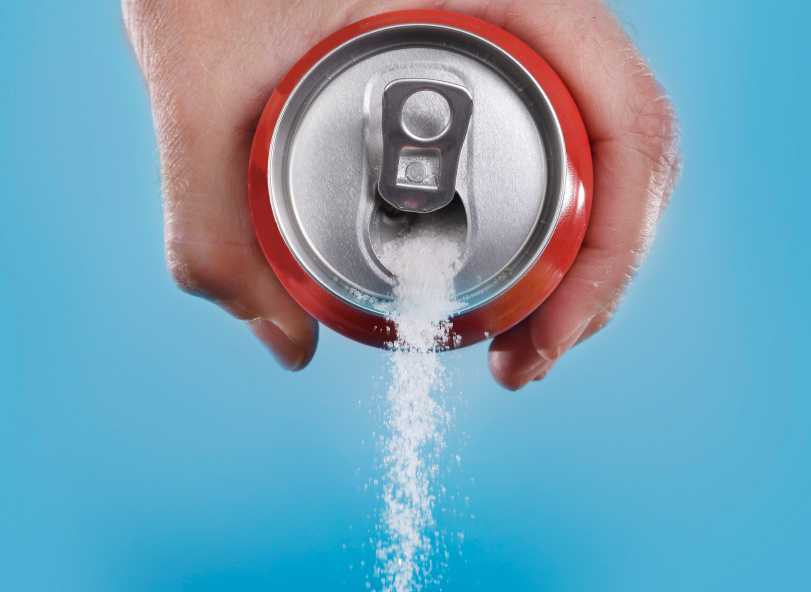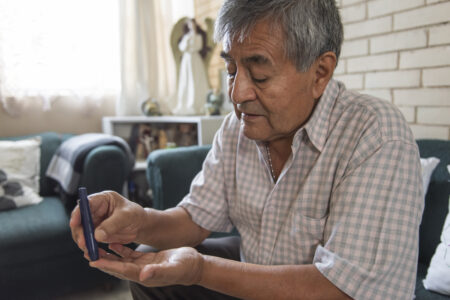
Share On Social!
Did you know Latino kids consume more sugary drinks than the average kid?
Finally, there’s some good news for Latino and all kids and families in Philadelphia.
The Pennsylvania Supreme Court voted to uphold the city’s sweetened beverage tax in July 2018. The tax is the first of its kind in a big city. It aims to reduce sugary drink consumption and raise funds for health and education.
“Today’s Pennsylvania Supreme Court decision upholding the constitutionality of Philadelphia’s sweetened beverage tax is a major victory for the city’s children and families,” wrote Nancy Brown, CEO of the American Heart Association, in a statement.
The Philly Sweetened Beverage Tax
Sugary drinks—soda, sports and energy drinks, sugary fruit juices, and flavored milk—contribute to the obesity and related health disparities facing U.S. Latino kids, according to a Salud America! Research Review.
Fortunately, Latinos are aware of the issue.
In fact, 50% of Latinos report they agree strongly or somewhat with cities enacting taxes on sugary drinks, according to a recent report. That’s more their whites (39%) and black (33%) peers.
Philadelphia city leaders responded.
The city’s Sweetened Beverage Tax, a 1.5-cent-per-ounce tax on sugary drinks, took effect January 2017.
The tax is expected to raise about $91 million annually. The money will go to: expanding prekindergarten programs in the city; creating community schools; improving parks, recreation centers, and libraries; and offering a tax credit for businesses that sell healthy beverages, according to a philly.com article.

Philadelphia Mayor Jim Kenney called the tax a start to “changing the narrative of poverty in our city,” according to the article.
The Tax Survives a Challenge
The beverage industry recently challenged the soda tax as “unconstitutional” in court.
The American Heart Association and 15 other members of national and local health groups responded by making the case for the tax with scientific evidence of adverse health effects of sugary drinks and their impact in Philadelphia.
The tax was deemed constitutional by the Pennsylvania Supreme Court on July 18, 2018.
“The decision, which backs two previous lower court rulings, reaffirms a simple truth: Philadelphians, through their elected local officials, have the right to enact measures they feel are necessary to protect the health of their community and allow public investments in critical local programs,” Brown wrote.
Changing the price of sugary drinks is a rising option to reduce consumption.
A sugary drink tax is in place in Berkeley, Calif. The tax has proven success. Voters approved other initiatives in five other localities in California, Colorado, and Illinois in November 2017.
“Reducing [sugary drink] consumption would help improve children’s health by decreasing the risk for obesity and other negative health consequences,” according to a Healthy Eating Research report.
Learn how others are reducing sugary beverage consumption and promoting water!
By The Numbers
74
percent
of Latino kids have had a sugary drink by age 2 (vs. 45% of white kids)



